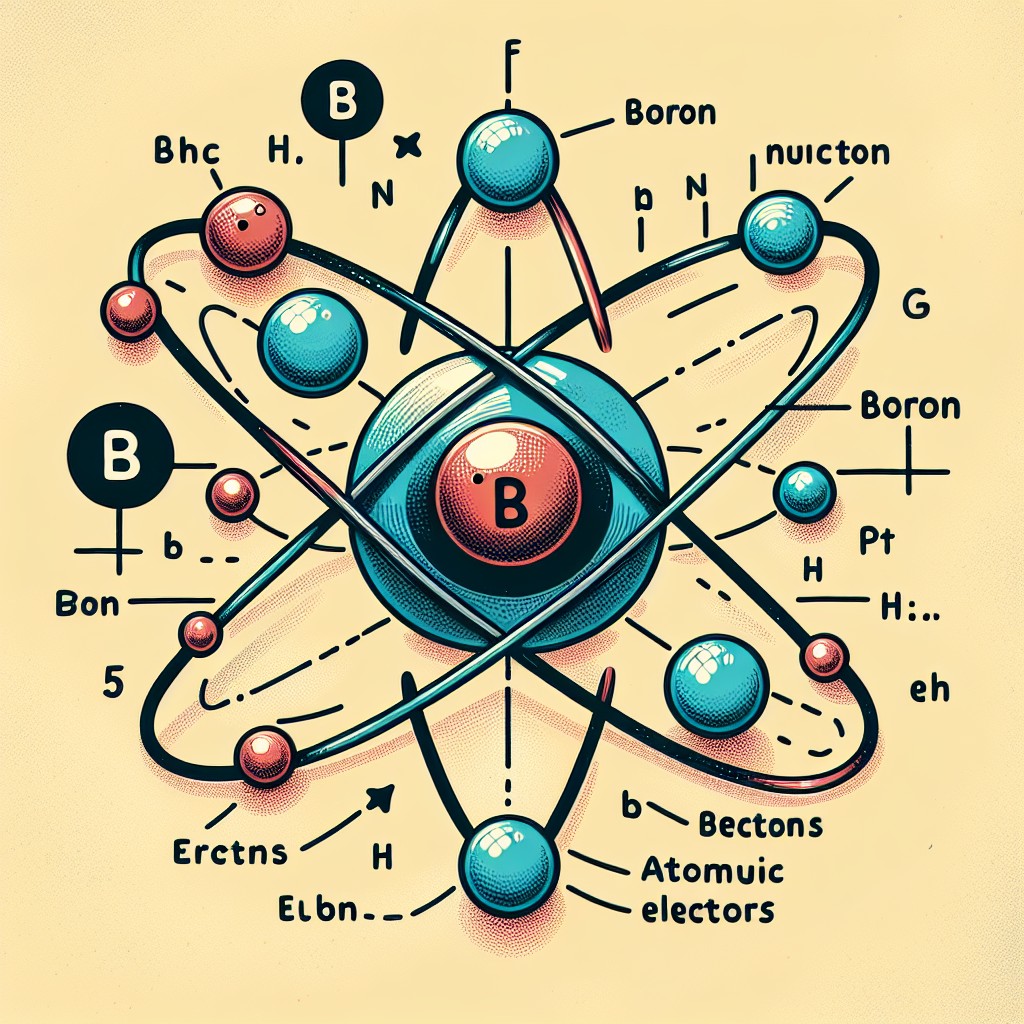| Date | Type | Event |
|---|---|---|
| 1930-02-18 | In 1930 Pluto was discovered at the Lowell observatory in Arizona, US by astronomer Clyde W. Tombaugh. The ninth planet was first proposed by Percival Lowell, an American businessman who became an accomplished astronomer. He predicted a ninth planet or ‘planet X’ as he called it from the perturbations (a slight wobble or deviation) of the orbital path of Uranus and Neptune (These wobbles are normally caused by the gravitational pull of foreign bodies). He searched for many years at the Lowell observatory, which he founded, but was unable to find planet X. After his death, as lens technology improved the observatory were able to install a larger, more powerful telescope which Tombaugh used to continue the search. On this day in 1930 Tombaugh found the tiny planet but the observatory waited until the anniversary of Lowell’s birth (13th of March) to announce their findings. | |
| 1930-05-01 |
On this day in 1930 the dwarf planet Pluto was officially named.
Pluto was first predicted by astronomer Percival Lowell but it was not actually discovered until the 18th of February 1930 by astronomer Clyde W. Tombaugh working at the Lowell observatory which was set up to find the illusive planet.. Percival always referred to the predicted planet as “Planet X”. The discovery was made public to coincide with the 75th anniversary of Lowell’s birth on the 13th of March 1930. On the 14th of March the story was being read around the breakfast table in Oxford, England to a young 11-year-old girl called Venetia Burney by her granddad. They were discussing possible names and due to Venetia’s current interest in Roman and Greek gods as well as an understanding of the planets and their distance from the Sun, she suggested Pluto. This was because Pluto was the god of the underworld, who could make himself invisible and lived where sunlight didn’t reach. Venetia’s granddad was Falconer Madan, a retired head librarian from Oxford University and friend of the professor of astronomy there, Herbert Hall Turner. The Percival Observatory were very impressed with the name, in part because the first two letters were the initials of its founder Percival Lowell. On this day it was officially named Pluto.
| |
| 1930-08-16 |
In 1930 the first British Commonwealth Games (often erroneously called the British Empire Games) were held in Ontario, Canada.
The first games had 400 athletes from 11 nations participating in 59 events. The athletes came from Australia, Bermuda, British Guiana, Canada, England, Ireland, Newfoundland, New Zealand, Scotland, South Africa and Wales.
In 1949 it was agreed that member states no longer had to pledge allegiance to the British crown which allowed India to stay as a commonwealth member while still becoming a republic. This change of policy led to the name changing to the Commonwealth of Nations but it was not until the 1978 games held in Edmonton that the name for the games changed from the British Commonwealth Games to the Commonwealth Games.
|


